This post may contain affiliate links. Please read my disclosure policy.
Today, the team at LCK is confessing our environmental shortcomings — we think you can probably relate! — and getting a refresher on why they’re problematic for the greater good. In the rush of everyday life, we’re all doing our best at all the things (including being kind to the Earth!), but we all come up short sometimes.The promising news? There are easy, inexpensive ways to help the environment… and we’re breaking those down, too.
LEXI, Founder + CEO
The Confession: “I use way, way, WAY too many paper towels.”
The Problem: They sit in a roll on your kitchen counter in a seemingly endless supply. Run out? Just replenish! They’re easy to grab, so much so that you probably don’t put that much thought into taking one — or a whole bunch — to clean up even the smallest of spills. Easy, right? Not so much. According to Durafresh, the paper towel industry is responsible for the consumption of 110 million trees and 130 billion gallons of water per year. Manufacturing them requires huge amounts of energy. Ultimately, they all end up in landfills, anyway… roughly three thousand tons annually in the U.S. alone. Basically, our reliance on paper towels has environmental impacts at every turn.
The Fix: Reusable towels are an easy solution. Invest in a supply of inexpensive cloths from Amazon or your local big box store, or start recycling well-loved washcloths and hand towels as rags for wiping up spills and drying your hands in the kitchen. Microfiber cloths like these are especially absorbent and perfect for the job. When they get dirty, you can wash them and start all over again!
KELLI, Food Editor
The Confession: “I sometimes buy the prepackaged snack bags, like individual pretzels or yogurt pouches because it’s just easier to throw those inside the lunches.”
The Problem: Snack packs may be convenient (especially if you’re packing lots of lunches for your kiddos!), but they’re made with non-recyclable materials and can only be used once. It’s a similar story for Ziploc bags — even if they do make it to the recycling plant, there are limitations to how they can be recycled. Single-use plastics often end up in oceans, where they pose a major threat to aquatic life, or sitting indefinitely in landfills.
The Fix: Silicone containers and reusable silicone bags are a great alternative to single-use plastics. Buy snacks in bulk (less packaging!) and portion them out into containers — like these or these — for lunchboxes. You’ll get a lot of mileage out of these storage solutions and do a lot of good for the planet in the process.
GABBY, Nutritionist
The Confession: “I forget to bring a reusable cup to Starbucks and I go at least four times a week. That’s sixteen cups a month I am wasting, and I always feel so guilty about it!”
The Problem: According to the International Coffee Organization, about 600 billion paper and plastic cups are distributed internationally each year. The ‘Bux cops to one percent of that total, which is still a staggering six billion cups. Whether you prefer to get your caffeine fix from Starbucks or some other coffee shop, if you’re not bringing your own reusable cup along for the ride, you’re likely contributing to environmental damage. While many chains have made strides toward compostable cups, some (including Starbucks) still use a thin plastic coating to prevent leakage, making them tougher to recycle. Some cities don’t have the ability to effectively separate this plastic from the rest of the paper cup, sealing their fate in — you guessed it — a landfill.
The Fix: Reusable coffee cups like this one aren’t hard to come by, and baristas are typically more than happy to serve you your bevvy of choice in one as long as you BYO. Like Gabby, you may find that the challenge really lies in making sure that you’re always ready with a mug in case of a spontaneous caffeine run! Get in the habit of leaving one reusable cup in your car at all times, and maybe leave another in your tote bag for good measure. You never know when that Starbucks craving will kick in.
ALLI, Associate Editor
The Confession: “I run the dishwasher before it’s full.”
The Problem: There’s some debate about whether hand washing dishes or using a dishwasher is a better use of our valuable water resources, and if you do enough digging, you can find experts coming down on both sides of the argument. That being said, inefficient use of a dishwasher is bound to lose every time. It comes down to water usage! If you’re going to expend that much water on a single dishwashing cycle, it better be for a full load.
The Fix: Just lay off! More specifically, put measures in place so that you’re less tempted to run the dishwasher frequently. Rinse and scrub dishes more thoroughly before placing them in the dishwasher so that they’re less likely to get stinky after a day or so. Practice efficient dishwasher packing so you can get more mileage out of every cycle. Hand wash large pots and pans (even the ones that are dishwasher-safe!) to free up more space for smaller items and buy you a little extra time between washes.
KRISTIN, Lifestyle Photographer
The Confession: “While I do try to remember my reusable shopping bags, I find myself forgetting them a lot!”
The Problem: Per Sciencing, there are one hundred billion plastic grocery bags used in the United States on a yearly basis — and the average American family consumes a whopping 1,500 each year. Take that in for a second. After they’re finished toting your groceries, these bags end up littering the environment in places where they don’t belong, taking up space in landfills, seeping toxic chemicals into soil, or killing aquatic life. And since they’re made from nonrenewable petroleum products, they’re a huge drain on energy before they even reach your hands. Yes, plastic bags can be recycled… but the vast majority of people don’t recycle them, and recycled plastic from them isn’t in high demand, anyway.
The Fix: Like reusable coffee mugs, reusable shopping bags like these and these (cute!) are easy to find, but difficult to remember. Invest in plenty of extras so you can keep a few on hand in your car and a few tucked into your purse or diaper bag. That way, you’ll never be left without!
JAX, Team Mascot
The Confession: “I burn through a lot of plastic, uh, bathroom bags. Woof.”
The Problem: We love ya, Jax, but those bags are made of plastic… and we think we’ve made it pretty clear why plastic bags are a problem.
The Fix: Pet companies are coming on board with more environmentally friendly options. These bags from BioBag, for example, are compostable and take a fraction of the time to degrade. We’ve got your back, Jax!
Let’s hear from you: Can you relate to any of our confessions? Anything you KNOW you could be doing better at to help our planet?
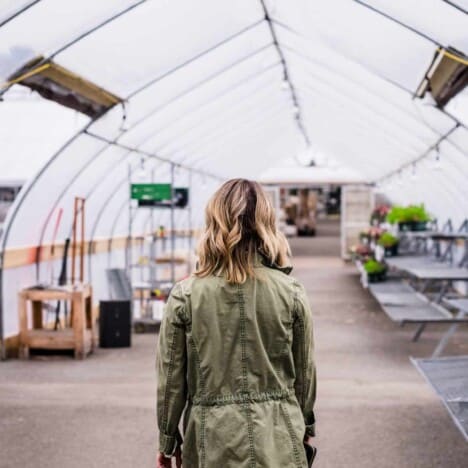
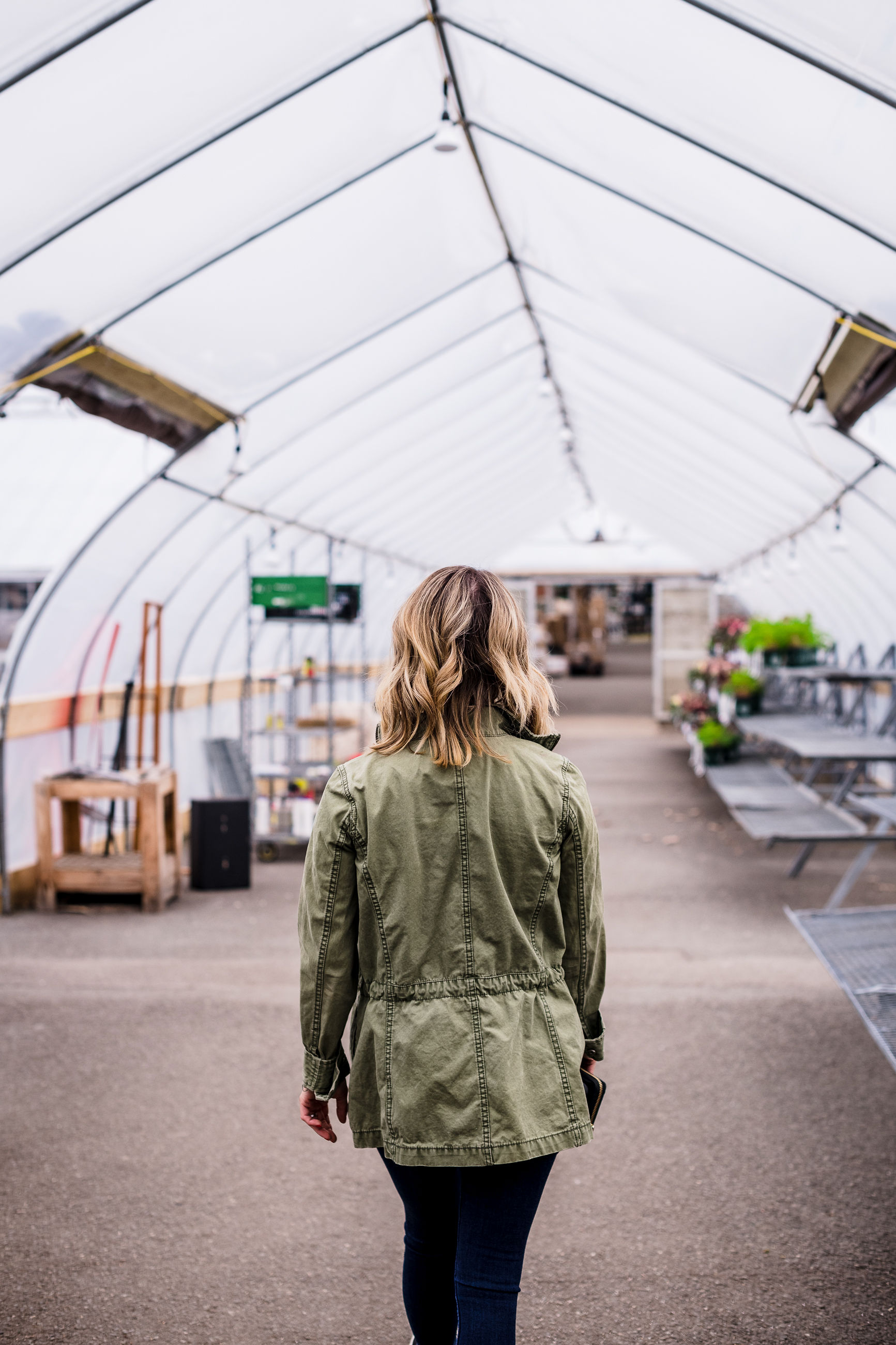
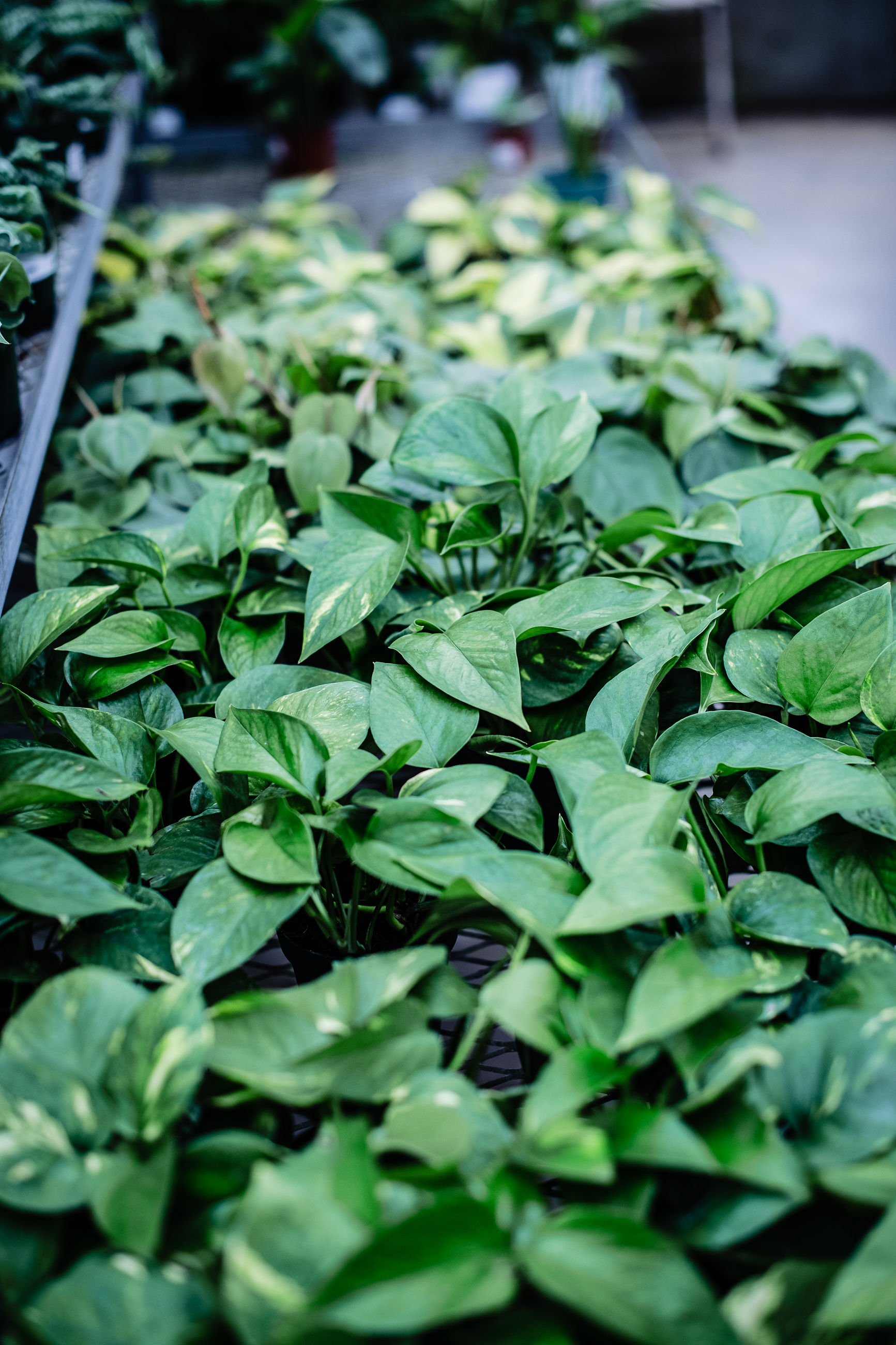
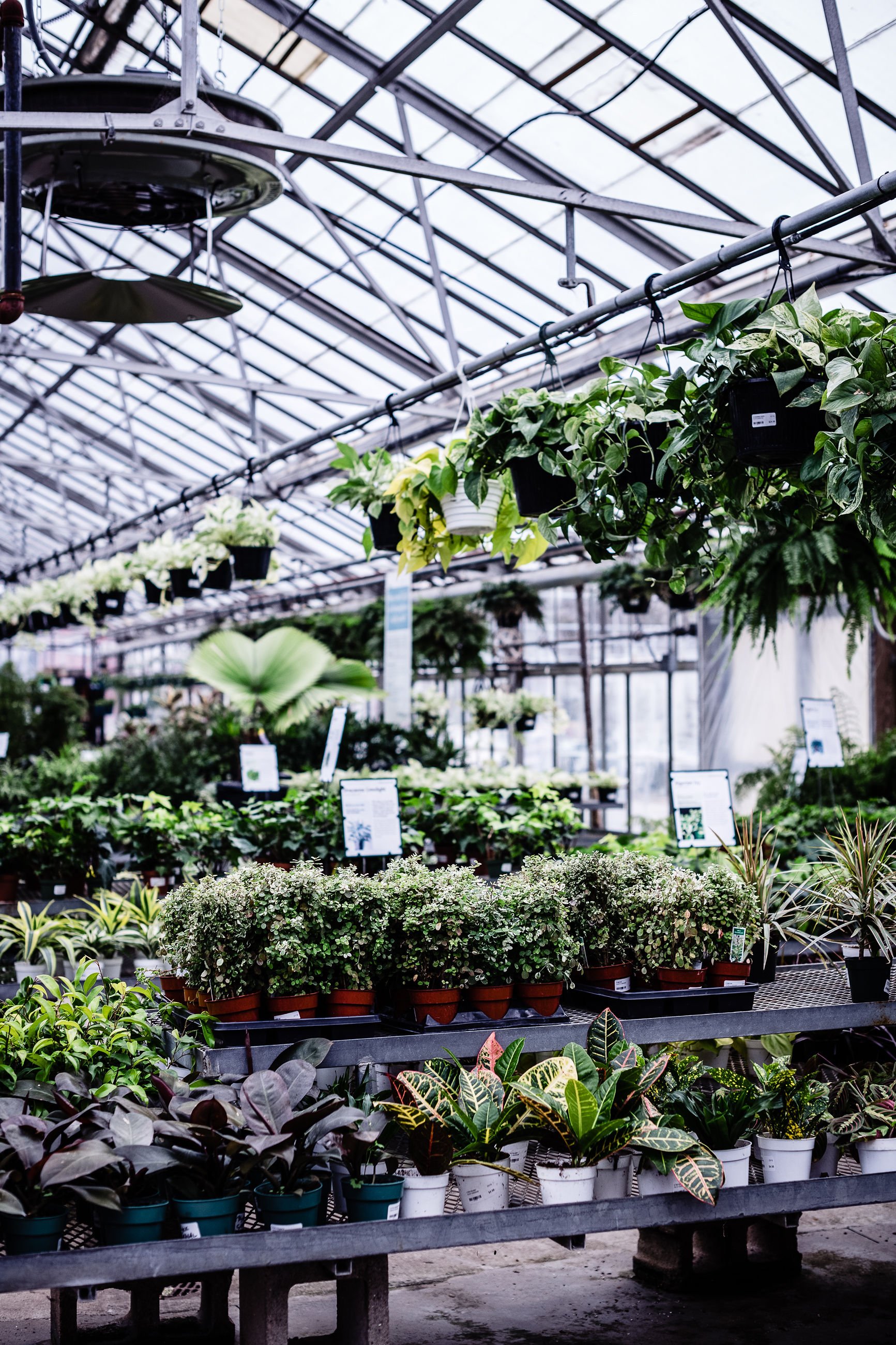
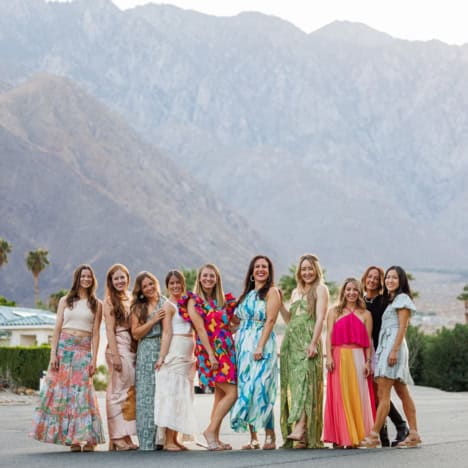
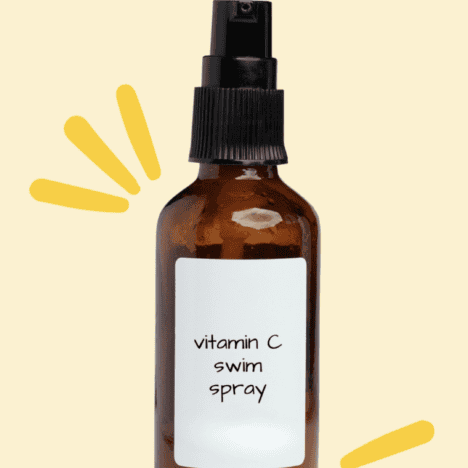



Thanks for sharing the confessions, and solutions.